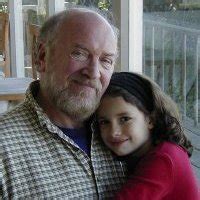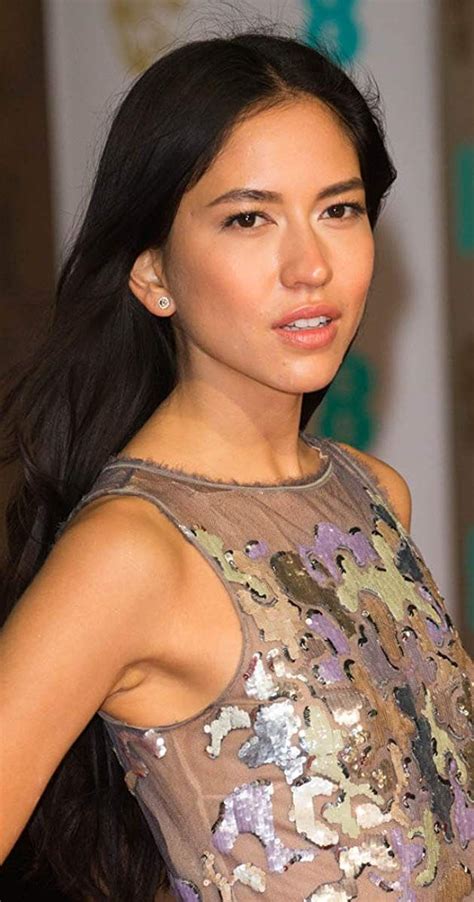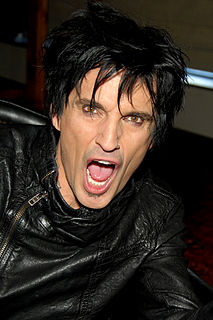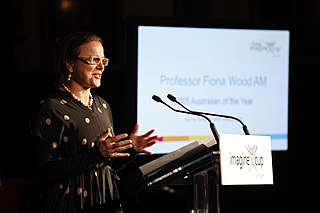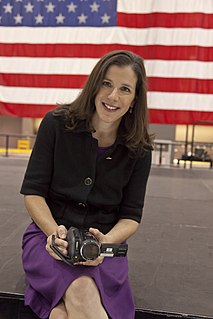A Quote by Paul G. Tremblay
So much of my work is about children and/or parenting; it's something I'm drawn to without being able to completely articulate why.
Related Quotes
I didn’t want a completely passive viewer. Art means too much to me. To be able to articulate something visually is really an important thing. I wanted to make work where the viewer wouldn’t walk away; he would giggle nervously, get pulled into history, into fiction, into something totally demeaning and possibly very beautiful
Stanford may be the best university in the world, but you can get all the way through here without knowing where your food came from, without being able to say where we came from, without being able to give a coherent description of why the climate is changing and why we should be concerned about it. So I started teaching a course in human evolution and the environment that's open to all Stanford students, no prerequisites.
The first idea of Captain Fantastic was a pretty radically different one. The genesis had to do with parenting and questions about parenthood and fatherhood specifically. I have two kids and I was grappling with what my values were and what I wanted to pass to my children. So I was positing different kinds of parents and different ways of parenting. I played with various ideas - very permissive parenting, very restrictive parenting and then I came up with the character of Viggo Mortensen, and much of it was aspirational, some of it was autobiographical.
Being able to influence the outcome, being able to do something about it, to be able to stop the bleeding. You're not being useful if you're just standing there going "Oh, that's awful!" You're only useful if you actually do something about it and I think that goes for everything. If you actually do something about what's in front of you, then you are actually contributing and you haven't got time to be self-centred or sorry for yourself. You should be doing something about the person you really should feel sorry for.
I think that if you are a resolute, unswerving atheist, you have that sense that you are conscious of the God-shaped hole that has been left in the wake of any religious belief, and in a way, one is much more drawn to articulate why it is that certain places, or certain experiences, have a kind of power.
We pass our values, ideas and moral character on to our children, but we do that knowing that our children are going to revise our knowledge and reshape their values. There's something very paradoxical and profound about being a parent as opposed to parenting. We put in all this effort and energy not so that we can shape a child of a particular sort, but so that all sorts of possibilities can happen in the future.
I guess the most important thing I learned from my mother was you have to raise your own children. I try to say this without judgment, but a lot of people really don't want to do the job because it's so much work. Kids are the hardest job there is, so they just hire someone to do it and then they go to work. There's something about that whole how do you balance being a mother and working, and i f I had to choose, I'd have to choose my kids and I do.

